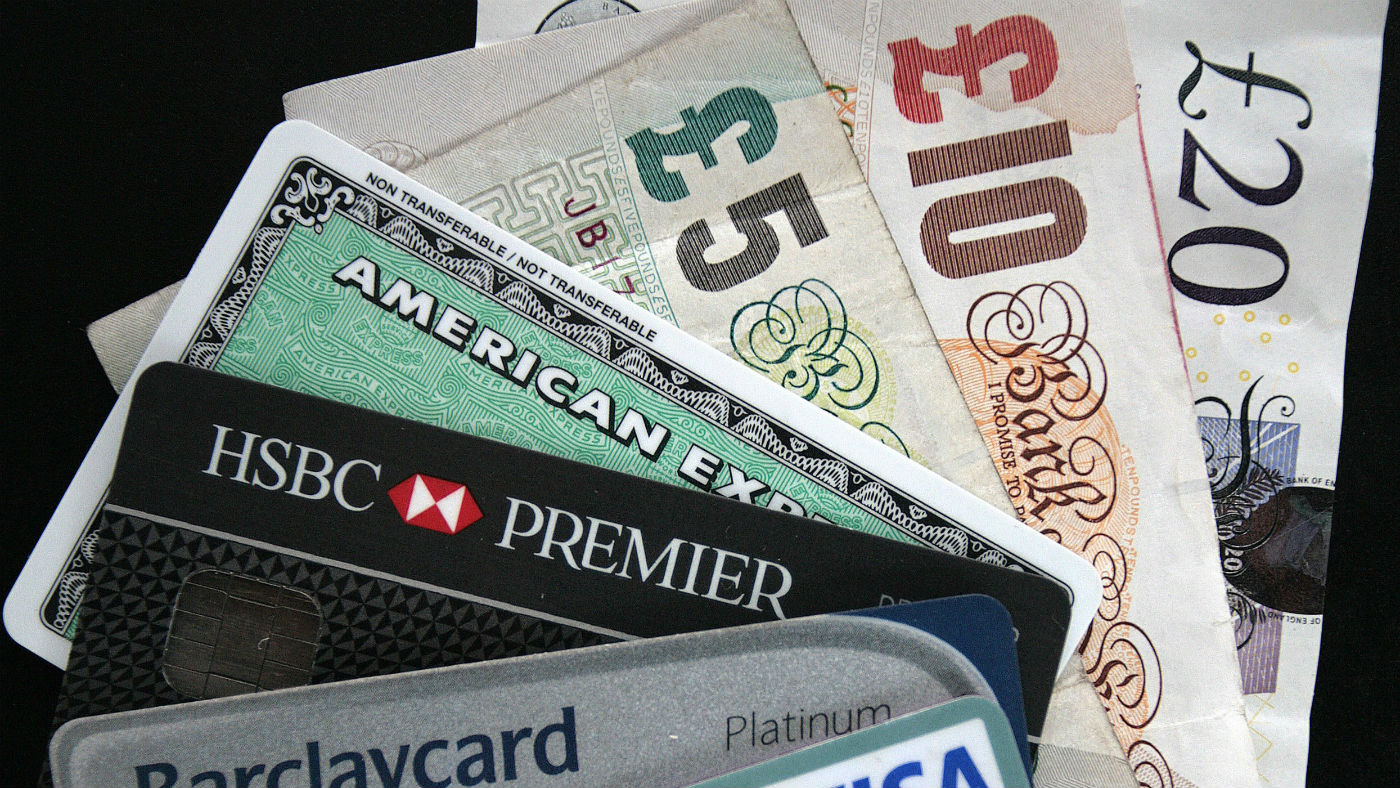Four back-to-school money lessons
From saving on your credit cards to planning for your retirement

A free daily email with the biggest news stories of the day – and the best features from TheWeek.com
You are now subscribed
Your newsletter sign-up was successful
The new term has begun, but it isn’t just schoolchildren who can benefit from a lesson or two. Here are four financial lessons that could be helpful to all of us:
Don’t pay interest on your debt
Interest rates are low but when it comes to debt, there really is no reason to be paying anything on what you owe. Credit card companies are falling over themselves to offer you 0% deals.
The Week
Escape your echo chamber. Get the facts behind the news, plus analysis from multiple perspectives.

Sign up for The Week's Free Newsletters
From our morning news briefing to a weekly Good News Newsletter, get the best of The Week delivered directly to your inbox.
From our morning news briefing to a weekly Good News Newsletter, get the best of The Week delivered directly to your inbox.
If you need to make a big purchase, you can spread the cost for free with a 0% purchase credit card. The longest interest-free deal is 32 months on the Sainsbury’s Nectar credit card or the AA’s credit card.
Built up some credit card debt and move it to a card offering a 0% balance transfer and you will gain years to clear what you owe without any interest being added. The longest balance transfer deal available is 40 months with Barclaycard; all you’ll pay is 1.68% to transfer your debts from other credit cards.
If you don’t need more than three years to clear your debt, go for Halifax’s balance transfer card which is interest-free for 29 months and has no transfer fee. You pay absolutely nothing as long as you clear your debt before the end of the interest-free period.
Loyalty rarely pays
A free daily email with the biggest news stories of the day – and the best features from TheWeek.com
When it comes to savings accounts, remaining loyal to one bank will cost you money. Many accounts now include introductory bonuses in their interest rates in order to lure you in. But 12 months down the line the introductory rate disappears and you’re left earning next to nothing on your savings.
Switch now and you could get a rate of 1.25% with Ulster Bank’s instant access account or 2.22% if you can lock your money into Al Rayan’s two-year fixed rate account.
Plan for your retirement now
The sooner you start setting money aside for your retirement the better. Start saving in your 20s and you’ll have to sacrifice a lot less of your monthly salary to build a decent pension pot than if you wait until you’re 40.
A general rule of thumb is to take the age you start saving into your pension and halve it. That’s how much of your salary you should pay in each month. So, start at 25 and you need only save 12.5% of your wages, wait until you’re 45 and it rockets to 22.5%.
If you’re starting to save for retirement, remember that by putting money into an official pension scheme you’ll get a 20% top-up from the government on whatever you pay in, plus your employer should make contributions too.
Keep shopping around
Winter is coming so now is a good time to shop around for the best deal on your gas and electricity bills before the central heating goes on. You may feel as if you only just signed up with a new supplier, but you should shop around once a year, or when your fixed-rate deal ends.
-
 Why are election experts taking Trump’s midterm threats seriously?
Why are election experts taking Trump’s midterm threats seriously?IN THE SPOTLIGHT As the president muses about polling place deployments and a centralized electoral system aimed at one-party control, lawmakers are taking this administration at its word
-
 ‘Restaurateurs have become millionaires’
‘Restaurateurs have become millionaires’Instant Opinion Opinion, comment and editorials of the day
-
 Earth is rapidly approaching a ‘hothouse’ trajectory of warming
Earth is rapidly approaching a ‘hothouse’ trajectory of warmingThe explainer It may become impossible to fix